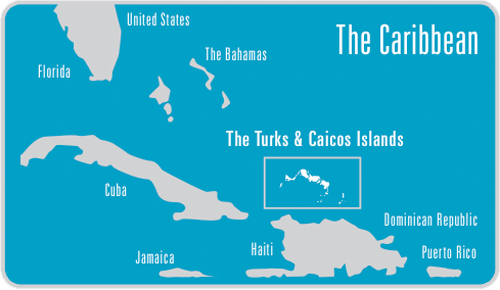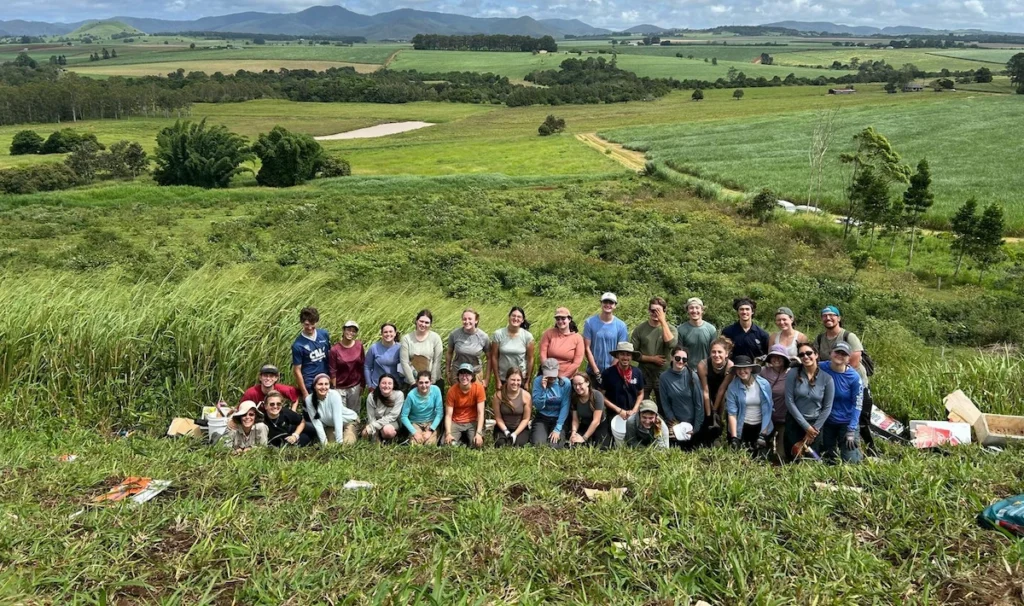The Billfish Foundation in Turks & Caicos

The beautiful Turks & Caicos Islands (TCI) is a collection of small islands within the British West Indies is known for its white sand beaches, amazing coral reefs, and great fishing opportunities. TBF staff member, Michael Kelly traveled to these pristine islands earlier this month to meet with many local stakeholders, including local fishermen and business owners from the commercial fishing, sportfishing, and tourism sectors. Unfortunately, the great offshore fishing opportunities may not be available for long. This past March, the TCI government signed an agreement with the South Caicos seafood exporter, Caicos Pride and the south Florida based Day Boat Seafood (DBS) to conduct a pelagic longline (PLL) study within the island’s waters to investigate the feasibility of establishing a fishery for pelagic species.
It was not the first time Michael had been to TCI as he is an alumnus of the School for Field Studies Marine Resource Management Semester. The school’s Center for Marine Resource Studies (CMRS) is located on the small fishing community of South Caicos and has a rich history of field research and collaboration with the TCI Department of Environment and Coastal Resources. This program works with undergraduate students from around the world to teach them about the ecological and socioeconomic issues surrounding the management and conservation of marine resources. During his time on TCI, Michael was able to meet with the staff and students at the CMRS to inform them about the concerns surrounding PLL, international fisheries management issues, and the potential impacts that the PLL study may have for TCI.

As one of the jewels of the Caribbean, its beautiful marine environment is a major draw for tourists. In the past, TCI has taken steps to ensure that these resources are protected including the establishment of 33 marine reserves, but allowing PLL in their waters is a step in the wrong direction. This indiscriminate form of fishing is associated with high levels of bycatch of sharks, seabirds, sea turtles, and billfish species – all of which attract tourists to the island. In fact, PLL accounts for >90% of all fishing mortality for Atlantic blue marlin. TBF has shown through socioeconomic studies that anglers will go to other destinations to fish instead of a location where commercial fishing effects the gamefish they target.
TBF would like to thank the staff and students at the School for Fields Studies as well as Delphine Hartshorn of Panoply Sportfishing & Charters for all their help and hospitality. TBF will be keeping its followers updated on any developments with the PLL study. For more information click here to read the story or please contact TBF.
Related Posts

Cinder Cone Chronicles: Lessons from Drought, Data, and Determination

Reuniting with Tanzania: Eric Walsh’s “Reunion Flag” Keeps the Spirit Alive
